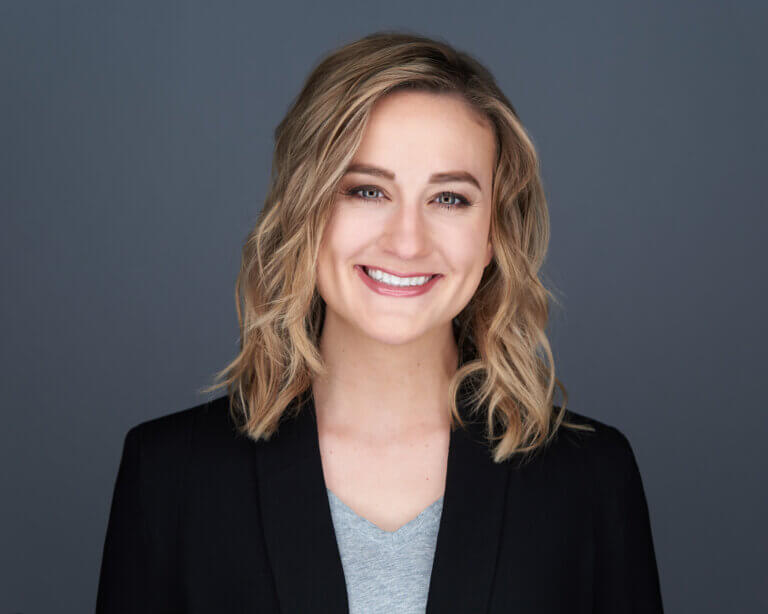Claire Elkin
Operational Excellence Manager and Sustainability Lead
RES (Renewable Energy Systems)

What is your role at your company? What are your responsibilities/focus areas?
I am responsible for day-to-day aspects of continuous improvement within the business units. The focus of my role is to identify gaps, provide constructive challenge, put into place simple, quick, and effective solutions, and ensure teams are following subsequent standard procedures and process. On top of my full-time role, I am also the sustainability lead for our Americas offices. I lead a committee of over 20 people and work to identify and implement, continuous ESG improvements across our business units.
What was your pathway to getting a career in the industry? What did you study in school or previous job specific training did you complete?
Prior to working at RES, I worked as a project engineer for four years in commercial hospitality construction. It was during my time as a project engineer where I learned the many different layers of construction and developed an understanding of project management systems used within the construction industry. My ability to learn and understand one of the most widely used project management systems is what allowed me to get my foot in the door at a RES. I had always known I wanted to be in the renewables sector, and this skill set made it possible for me to qualify for the position I have today. My undergraduate education in Business Administration, Entrepreneurship, and my graduate degree in Organizational Leadership, Strategic Innovation and Change, contributed to my success within the industry. My education has taught me how to identify needs of the business, influence colleagues, prioritize deployment, train, and implement solutions.